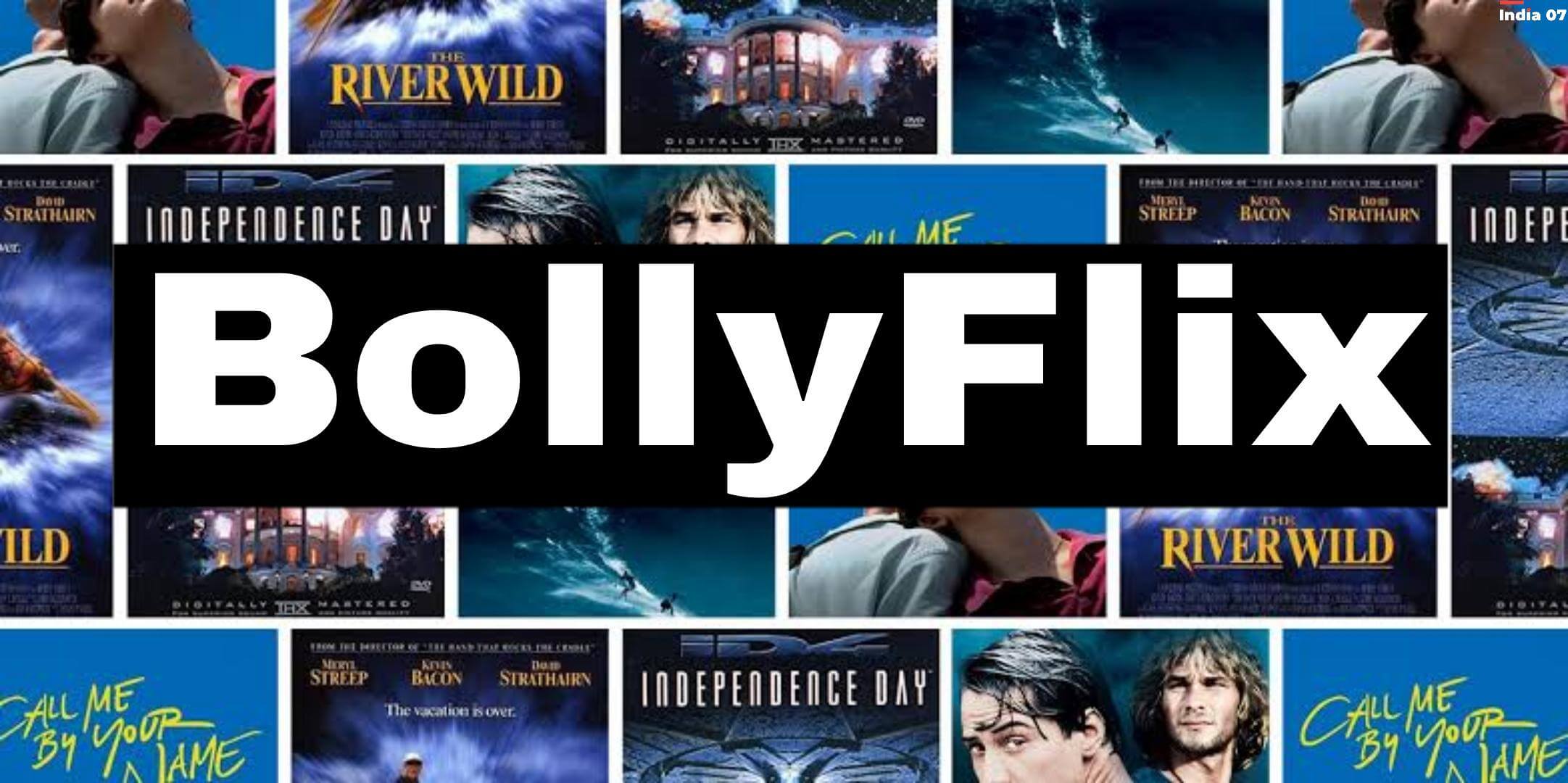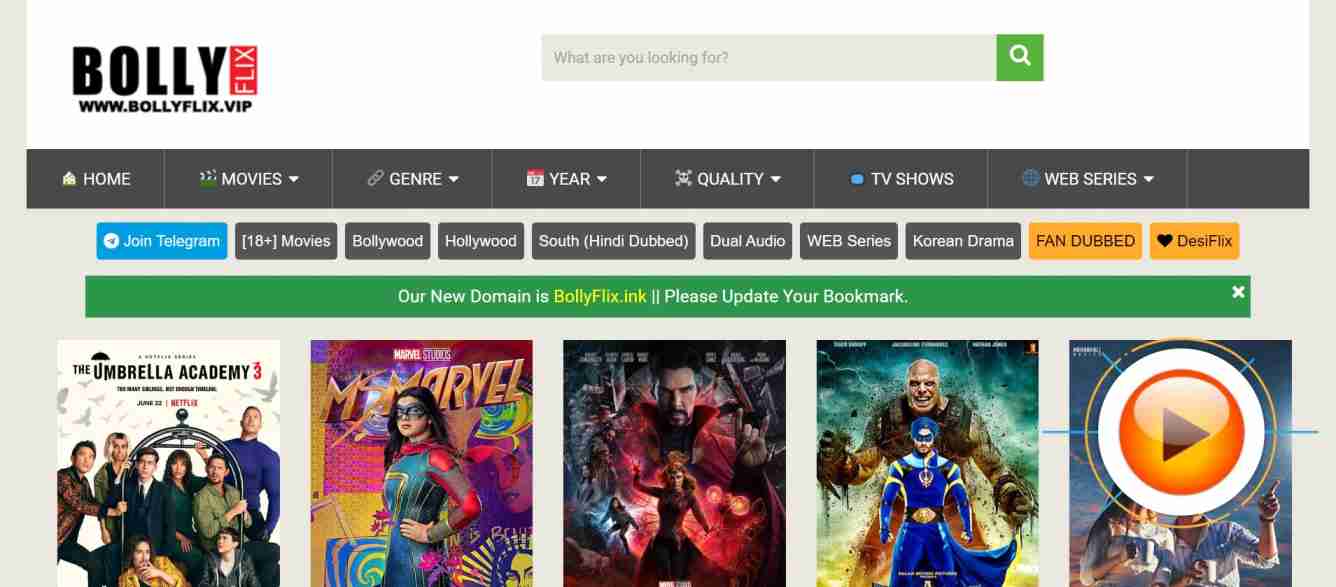Are we truly at the mercy of the digital void, constantly chasing shadows of information that seem to elude our grasp? The frustrating reality of "We did not find results for..." is a testament to the limitations of our search algorithms, the ever-evolving nature of information, and, perhaps, our own imprecise queries. This digital echo, a blank space in the vast ocean of the internet, forces us to confront the ephemeral nature of online existence and the delicate balance between accessibility and the persistent challenge of finding what we seek.
The repeated encounters with this digital dead end "Check spelling or type a new query." serve as a stark reminder of the potential for disconnection. It's a digital shrug, a polite but ultimately unhelpful dismissal of our attempts to navigate the information landscape. Its the digital equivalent of a closed door, a frustrating obstacle in our quest for knowledge, entertainment, or connection. The sheer frequency with which this phrase appears underscores the inherent imperfections of our search technologies and the complex dance we engage in with the algorithms that mediate our access to the digital world.
The foreign language, "Whlen Sie das Paket, das Ihren Bedrfnissen am besten entspricht," offers a glimpse of the global nature of the digital experience. While the specific meaning "Choose the package that best suits your needs" is clear, the appearance of this phrase in a search result highlights the multilingual reality of the internet. The digital realm transcends geographical boundaries, offering a tapestry of languages and cultures, a constant reminder of the interconnectedness of our world.
The repetition of this cycle, the constant reminder of information's elusiveness, is a significant aspect of our contemporary experience. It highlights the need for more refined search strategies, a deeper understanding of how algorithms work, and a willingness to adapt to the ever-changing digital landscape. The persistent absence of results, the frequent encounters with these digital dead ends, challenges us to be more critical consumers of information, more adept at navigating the complexities of the online world.
Let's say the primary topic we're addressing with this search result is "Navigating the Digital Information Landscape"
| Category | Details |
|---|---|
| Overview | The digital information landscape is vast, dynamic, and often overwhelming. It's a terrain shaped by search algorithms, user behavior, and the relentless flow of new content. Navigating this landscape effectively requires a combination of critical thinking, strategic search techniques, and an awareness of the limitations of available tools. The recurring experience of encountering "We did not find results for..." encapsulates the core challenges of information retrieval in the digital age. |
| Challenges |
|
| Strategies for Effective Navigation |
|
| The Role of Critical Thinking | Critical thinking is paramount. Users must question the source, assess the evidence, identify biases, and evaluate the overall logic of the presented information. This skill prevents the spread of misinformation. |
| The Future of Information Retrieval | The future of information retrieval involves AI-powered search, semantic understanding, and personalized recommendations. These advances promise more efficient and accurate search results. It also points towards needing more sophisticated methods for verification and combating misinformation. |
| The Significance of Multilingualism | The presence of foreign-language phrases like "Whlen Sie das Paket, das Ihren Bedrfnissen am besten entspricht," highlights the multilingual reality of the Internet. The globalization of information necessitates understanding and utilizing language translation tools and searching in multiple languages when necessary. |
| Link to a relevant reference website. | Search Engine Journal |
The digital echo of We did not find results for: is more than just an error message. Its a catalyst for reflection, a constant reminder of the evolving nature of the internet, and the persistent challenges of information retrieval. It urges us to refine our search strategies, to approach the digital world with a critical eye, and to remember that the quest for knowledge is an ongoing journey.
The search results that generate no returns can be seen as a paradox. They can be a source of frustration, particularly in the moment when information is urgently required. However, the challenge of encountering these blank spaces can also prompt us to re-evaluate our methods, to become more discerning consumers of data, and to acknowledge the imperfections inherent within any system of information retrieval. This challenge forces us to refine our queries, to explore different search avenues, and to remain aware of the inherent complexities of the digital realm. These moments of "no results" are actually crucial learning moments.
Check spelling or type a new query. This simple directive, appearing with startling frequency, underscores the crucial role that accuracy plays in the digital world. It highlights the need for precision, not only in our queries but also in our understanding of the digital tools we employ. Every letter, every punctuation mark, every keyword contributes to shaping the search results, or the lack thereof. This reinforces the significance of meticulously formulating our search requests and underscores the power of well-structured queries. The recurring suggestion to check spelling also highlights the influence of technical details on the search process.
The occasional appearance of phrases in other languages, like "Whlen Sie das Paket, das Ihren Bedrfnissen am besten entspricht," emphasizes the global nature of the internet. It's a reminder of the many cultures and languages that interact in the digital space. This can also be a valuable lesson in how to use translation tools and when to consider broadening the search terms to account for the nuances of multiple languages. The international reach of the Internet continues to expand, leading to new opportunities and challenges in how we interact with information.
The phrase "We did not find results for:" ultimately forces us to confront the limitations of our information gathering processes. It compels us to recognize that the digital world is not always a comprehensive repository of every fact or idea imaginable. Instead, the digital world is a complex and dynamic ecosystem where information is continually created, modified, and shared. It encourages a healthy dose of skepticism, encouraging us to question the information we encounter and to seek multiple sources.
The evolution of search technologies continues at an astonishing pace. From the earliest text-based search engines to the sophisticated AI-driven platforms of today, the quest for more accurate, relevant, and personalized search results has been relentless. As technologies evolve, so too must our understanding of how they work. Understanding the algorithms that power the search engines, the methods by which content is indexed, and the factors that influence search rankings is increasingly critical. This knowledge enables us to be more effective navigators of the digital landscape and empowers us to make more informed decisions about the information we consume.
The challenge to successfully navigate the digital information landscape goes beyond simply typing a query. It involves developing a robust set of skills, including critical thinking, source evaluation, and a willingness to learn. It means being able to distinguish credible information from misinformation, to recognize bias, and to understand how the information we encounter is shaped by the algorithms and the sources that create them. It requires flexibility, a willingness to adapt to new search techniques, and an appreciation for the inherent limitations of any search engine.
The act of searching, in itself, is an exercise in human curiosity. It reflects a desire to learn, to understand, and to explore the world around us. The challenges of information retrieval, the frequent encounters with "no results" pages, should not discourage us. Instead, they should serve as catalysts for growth, pushing us to refine our skills, to develop new strategies, and to become more proficient navigators of the digital world. The next time we confront an empty search result page, we can view it not as a failure, but as a challenge. This is a chance to improve our search strategies, to hone our critical thinking abilities, and to better understand the complex and ever-evolving digital information landscape.


